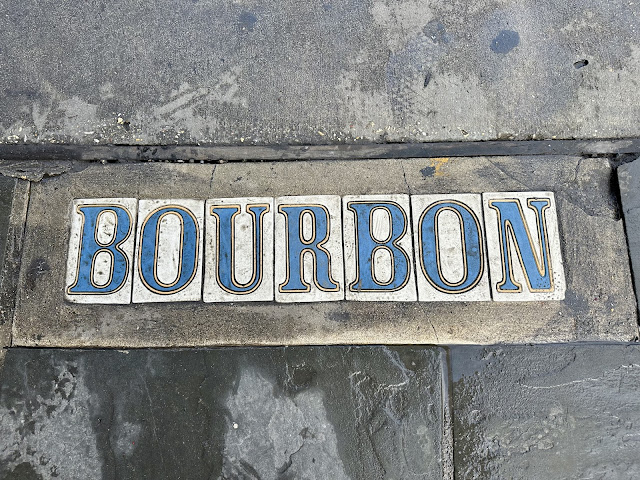Japan is home of 40% of the world’s businesses older than 300 years. So how do successful companies react to crisis like 2011 earthquake, tsunami and nuclear accident? Leaders respond with concern for community, employees and long term thinking.
Hirotaka Takeuchi studied the reactions of several company leaders in the HBS article.
Takeshi Niinami, CEO of Lawson gave the following order before the tsunami reached the shores of Tohoku: “Deliver food to disaster victims within seven days. And disregard cost.” During the two vulnerable weeks before government relief kicked in, Lawson delivered 200,000 prepared meals to victims, including onigiri rice balls, bread, and cups of noodles.
Makoto Kigawa, CEO of Yamato sent out the following message to all 10,000 or so employees in the Tohoku region: “If help is needed, then help. Don’t worry about profits.” Furthermore Yamato donated about 40% of profits over the next year to help with rebuilding.
The lesson is leaders were not thinking about next quarter’s profits, but building the future. They had spent time training the workforce and establishing values. When the crisis came, the people stepped up and lead from where they were. Lawson agreed to provide school lunches when the city needed help. However employees on their own included desserts for the children.
Every community has been affected by the Pandemic, which may take years to recover. How can you lead your company to support your community? Can you encourage and free your employees to act?
For more ideas suggest reading the Forbes and HBS articles below.
“If you do not think about the future, you cannot have one.” - John Galsworthy
Forbes - Why Japanese Businesses Are So Good At Surviving Crises
HBS - Wise Leadership and Wise Capitalism
https://www.kindai.ac.jp/rd/research-center/management-innovation/download-data/vol1_2.pdf


No comments:
Post a Comment